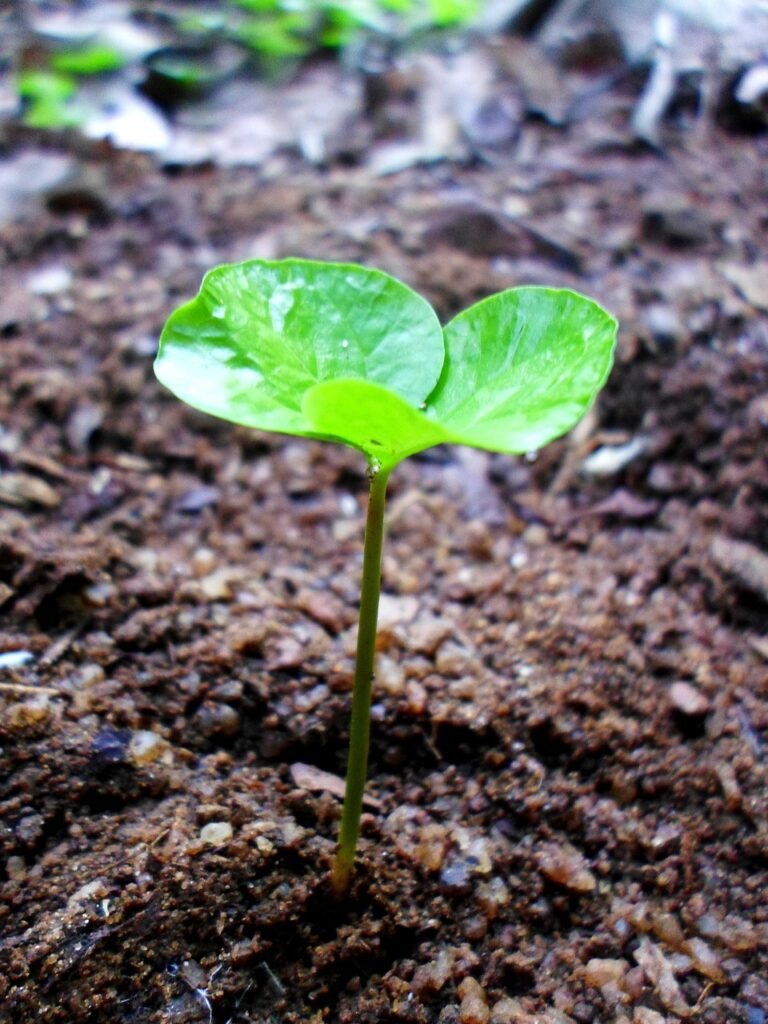Water is one of the most essential resources for plant growth and crop production. It is a crucial factor in determining the productivity and yield of crops. We will explore the role of water on crop growth and the different ways in which water affects plants.
Water is a fundamental component of plant cells and is required for various plant processes, including photosynthesis, respiration, and transpiration. It is also required for the absorption and transport of nutrients and minerals from the soil to the plant roots.
When plants do not have enough water, they may exhibit symptoms such as wilting, yellowing of leaves, and stunted growth. This is because water is essential for maintaining the turgor pressure of plant cells, which helps keep the plant upright and ensures that the leaves are exposed to sunlight.
One of the primary ways in which water affects crop growth is through its role in photosynthesis. Photosynthesis is the process by which plants convert sunlight into energy, and water is a critical component of this process. During photosynthesis, water is split into oxygen and hydrogen, with oxygen being released into the atmosphere, and the hydrogen is used to create energy.
Water also plays a crucial role in regulating the temperature of plants. When water is transpired from the leaves, it helps to cool the plant, preventing it from overheating. This is especially important during hot and dry weather conditions when the risk of heat stress and plant damage is high.
In addition to its role in photosynthesis and temperature regulation, water is also essential for nutrient uptake and transport. When water is absorbed through the roots, it carries with it nutrients and minerals that are required for plant growth. Without enough water, plants cannot absorb these nutrients, leading to nutrient deficiencies and poor growth.
Overall, the role of water in crop growth is critical. Water is essential for maintaining the structure and function of plant cells, regulating temperature, and ensuring proper nutrient uptake and transport. Therefore, it is crucial for farmers and growers to ensure that their crops receive the right amount of water at the right time to optimize their growth and yield.


